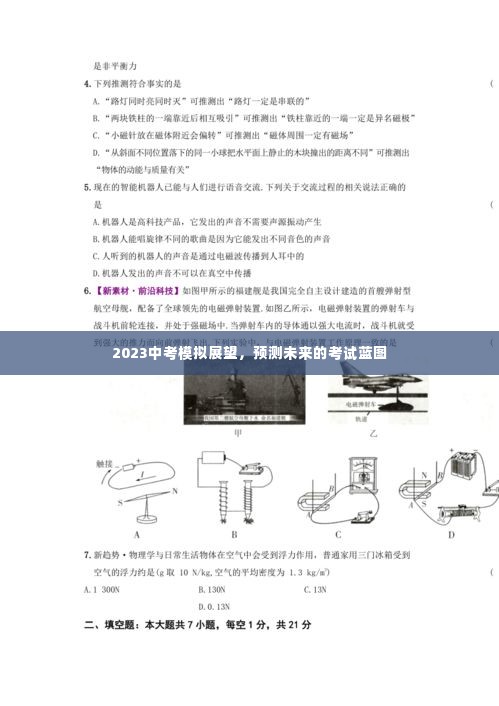Introduction
Effective planning is a fundamental skill that can greatly enhance both personal and academic success. In the realm of education, particularly in the context of learning a foreign language like English, having a well-structured plan is crucial. This essay aims to discuss the importance of implementing a plan, the challenges one might face, and the strategies to ensure successful execution.
Understanding the Importance of a Plan
A plan serves as a roadmap that guides individuals towards their goals. In the context of learning English, a plan helps students to organize their study time, set realistic goals, and monitor their progress. It provides a sense of direction and focus, making the learning process more manageable and less overwhelming. Moreover, a well-thought-out plan can help students to identify their strengths and weaknesses, allowing them to allocate their time and resources more effectively.
Setting Realistic Goals
One of the first steps in implementing a plan is to set realistic goals. It is important to be ambitious but also to ensure that the goals are achievable within a specific timeframe. For instance, aiming to master a new language in a few weeks might be overly ambitious, whereas setting a goal to learn a new vocabulary word each day is more attainable. Realistic goals provide a clear target for students to strive towards, which can be incredibly motivating.
Creating a Study Schedule
Once goals are set, the next step is to create a study schedule. This schedule should be flexible enough to accommodate other commitments, such as schoolwork, extracurricular activities, and personal time. It is important to allocate specific time slots for English study, ensuring that there is consistency in practice. The schedule should also include breaks to prevent burnout and maintain focus.
Utilizing Diverse Learning Resources
A successful plan should incorporate a variety of learning resources. These can include textbooks, online courses, language exchange partners, and apps. By diversifying the sources of information and practice, students can reinforce their learning and avoid boredom. It is also beneficial to incorporate different types of activities, such as reading, writing, speaking, and listening, to ensure a comprehensive approach to language learning.
Monitoring Progress and Making Adjustments
Regularly monitoring progress is essential to the success of any plan. Students should track their achievements and identify areas where they need improvement. If a particular goal is not being met, it may be necessary to adjust the plan. This could involve changing the study schedule, exploring new learning resources, or seeking additional support from teachers or tutors.
Dealing with Challenges
Implementing a plan is not without its challenges. Students may encounter difficulties such as lack of motivation, time management issues, or the frustration of not seeing immediate results. To overcome these challenges, it is important to maintain a positive mindset, be patient, and stay committed to the plan. Celebrating small victories and setting new, more challenging goals can also help to keep motivation high.
Conclusion
In conclusion, the implementation of a well-structured plan is vital for successful language learning, especially when it comes to mastering English. By setting realistic goals, creating a study schedule, utilizing diverse learning resources, and monitoring progress, students can enhance their language skills effectively. While challenges may arise, maintaining a positive attitude and being flexible in adjusting the plan can help students to overcome obstacles and achieve their language learning objectives.
转载请注明来自天津锦麟商贸有限公司,本文标题:《落实计划 英语作文初中:做好计划英语作文 》











 蜀ICP备2022005971号-1
蜀ICP备2022005971号-1
还没有评论,来说两句吧...